I had an alert on my phone. They had started the boarding process for my flight. I quickly finished washing my hands and dried them. I gave a quick look in the mirror to adjust my tie and ensure my hat was on straight. As expected, it was not. After a hectic morning of cramming down breakfast, packing my remaining clothes (which I should have done the night before), leaving the house ten minutes late, and hitting morning rush-hour, I was somehow right on schedule. I even had enough time to make a pit stop before going to the gate.

As a commuter, airline lingo for someone who doesn’t live in base and must fly to another airport to start his working day, I was used to this routine. My stress levels and pre-commute anxiety were coming back to normal levels. Mostly because the flight I was catching was wide open, meaning there were tons of open seats. Nothing makes a commuter happier than checking the loads of a flight and seeing double-digit seat availability.
There were so many seats, in fact, that even though the boarding process had just begun, I had already been assigned a seat. As a standby traveler, most days I am, waiting until the last dregs of people show up to the flight, with bewildered looks in their eyes and the gate agents exclaiming, “We’ve called your name three times,” before I am assigned a seat.
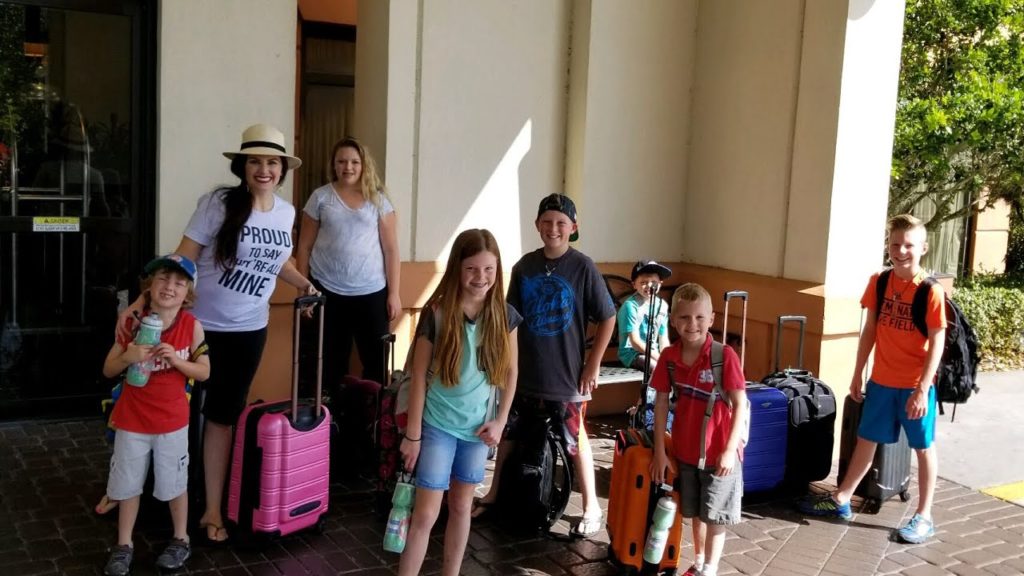
Today though, I had a seat before I even made it to the gate. This meant I could take advantage of a special employee perk that rarely came into play. When assigned a seat and in uniform, a crew member can get on an aircraft before the other boarding passengers. So instead of having to be one of the last people on the plane, looking for any nook I could shove my suitcase into, I could get on the plane like a dignitary and pick any overhead space I wanted. I understand that if you are a paying customer, this might sound like a bunch of bull S#&%, but I don’t make the rules, I just take advantage of them when they benefit me.
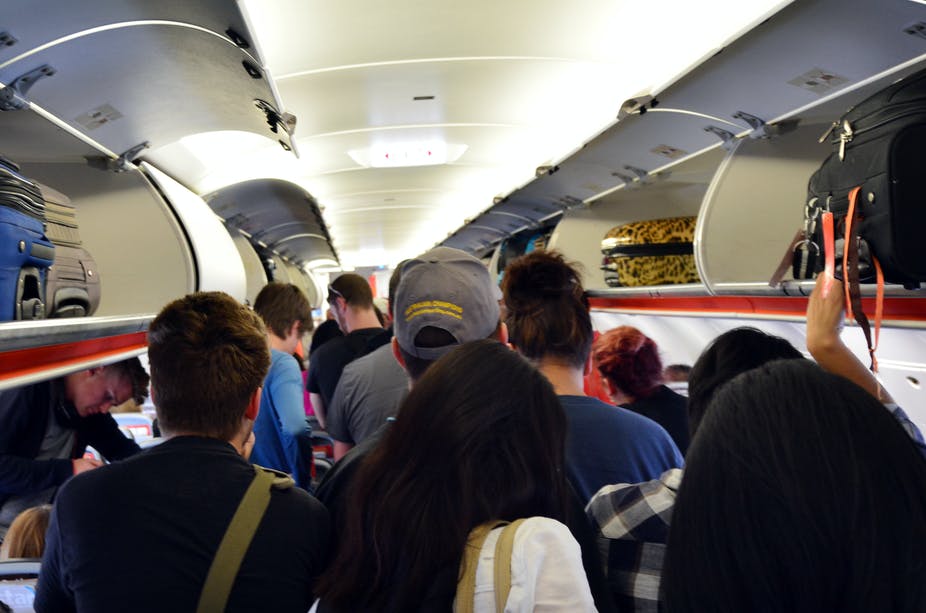
I shoved my phone in my pocket, straightened my tie “good enough,” and sped walk to the gate like it was the 1984 Olympics. As I handed my phone to the gate agent and held my breath. I never feel comfortable jumping in front of everybody. It feels like I am trying to sneak into the VIP area of a rock concert. I half expect the gate agent to say, “This ticket is no good, go to the back of the line where you belong.” The gate agent scanned my phone and welcomed me aboard. I exhaled. I looked over my shoulder everyone was still lined up, even the wheelchair passengers and the military. My heart jumped inside, and the adrenaline pumped like I had just walked out of a bank with a bag of money.
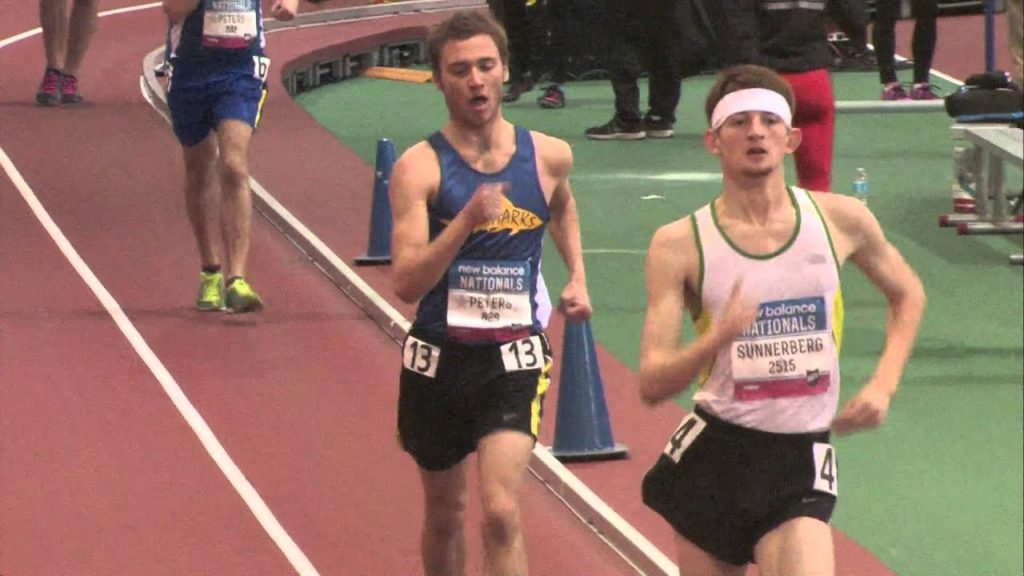
As I entered the plane, I felt a little light of step, I smiled and tried to ingratiate myself with the flight attendants, “Hey guys, I’m Marc. If you need anything from me, let me know.” I always say something like that, even though I know it is silly. A pilot in the back of an airplane is slightly more useful than a suitcase. They smiled and nodded with slight condescension. “Do you mind if I check in up front?” I asked, knowing the answer.
“Of course, go right ahead.” One of the two attendants motioned and then they went back to the conversation I had interrupted. I ducked my head into the cockpit. I was feeling especially chipper since I was on the plane an extra five minutes before anyone else and the stress of the commute was basically over.
“Hey fellas,” I said. It happened to be two male pilots if you are wondering. If there were any mix of female pilots, I would have used the more universal, “Guys.” I am sorry. I don’t know why in my lexicon, ‘guys’ is universal. “I’m just hitching a ride, I’m in the back let me know if you need anything.” They gave me a friendly welcome aboard and a look as if to say, “What would we need?” I didn’t care. I was in a good mood. Things were turning up roses. I was a bank robber sitting on a beach in Mexico.
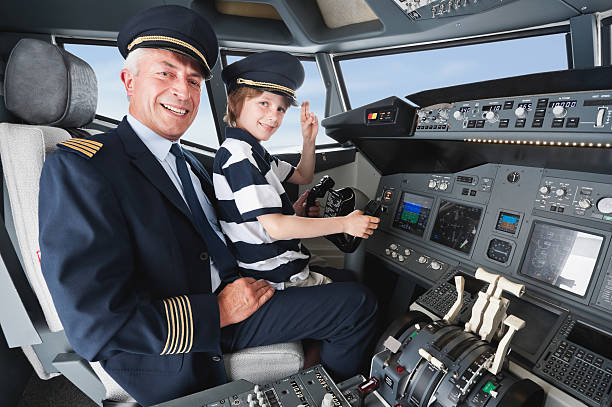
I made it back to my aisle seat with extra leg room, exactly as I would choose. I looked to the back of the open plane and saw every overhead bin open and looked down at my suitcase. I almost felt sad that I had only one. The bin directly overhead of my seat, of course, was the one I chose. How nice it would be, when it came time to deboard, to just open the bin overhead and pull my suitcase out. Most flights, if there was a space for my bag at all, it was in the very back. Which means when it is time to deboard, I am swimming against the flow of traffic, like a spawning salmon. I’ve even debated about leaving my suitcase forever when it is too far back, “That one’s gone. I guess I am living the next four days with the clothes on my back.” Not today. So far, this was the commuter’s version of Ice Cube’s “It Was A Good Day.”
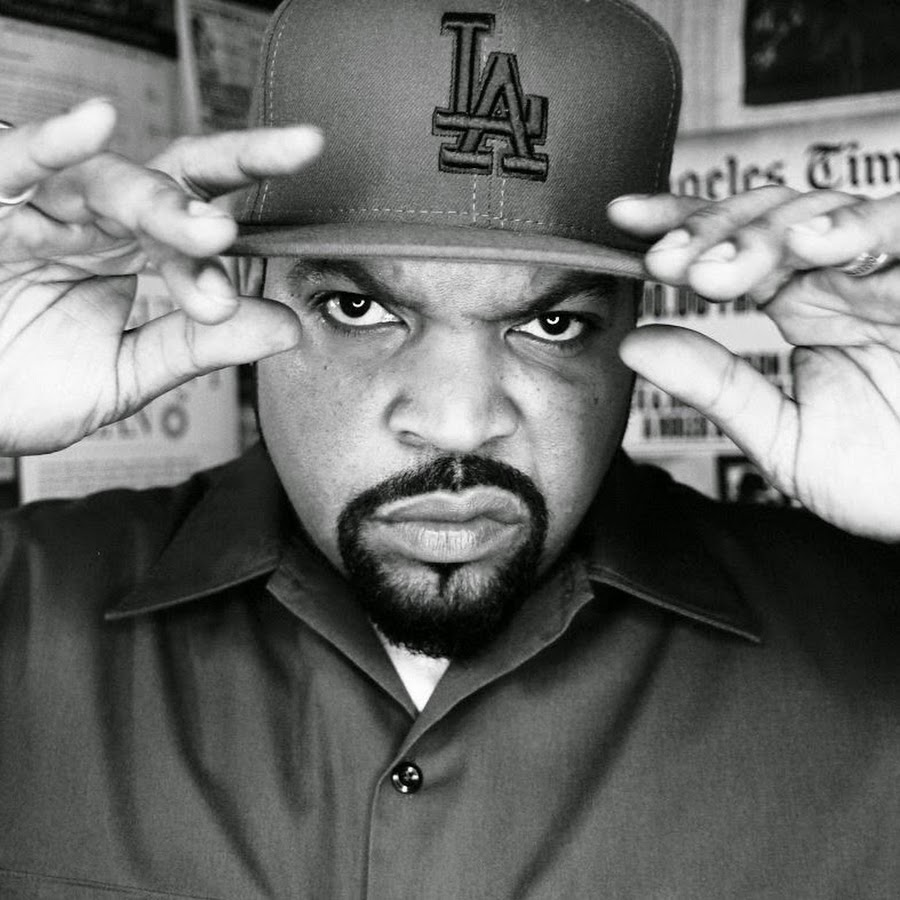
I sat down, exhaled deeply, and took out my headphones. Now I could relax. I didn’t buckle my belt yet, that would be “jinxing it,” but I had great hope that I might get the whole row to myself the way things were going. At least, there would be no person in the middle seat. The first of the other passengers started to trickle on board. The passengers “with disabilities and those that need extra assistance.” The first couple on board besides me was an elderly couple in their late 70’s. The man was holding and supporting the woman by the elbow. She was barely shuffling across the floor. He was giving her encouragement to continue. I didn’t give it much thought and looked back to my phone. Since the whole airplane was empty, the likelihood of them sitting next to me was unlikely.
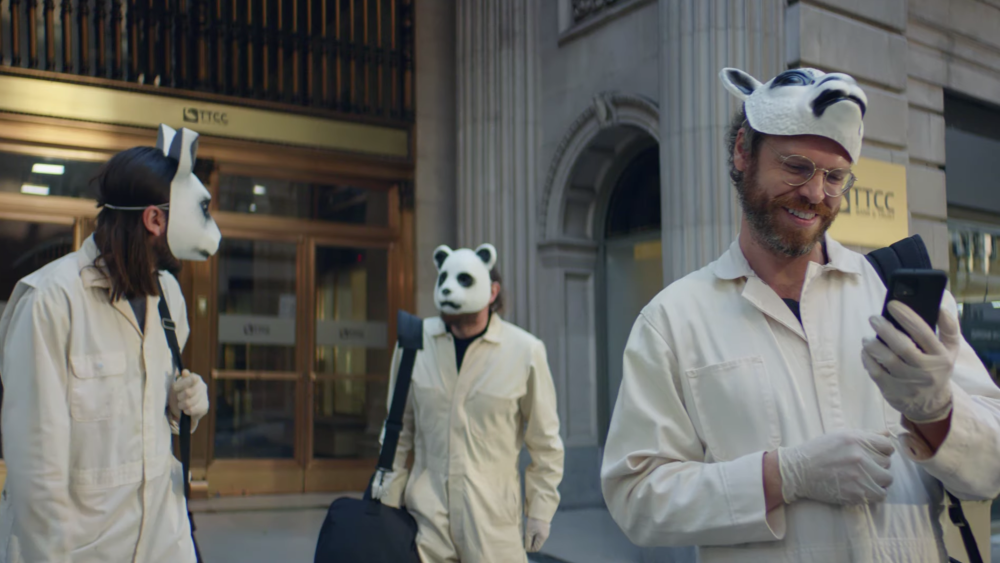
Unlikely or not, 30 seconds later they were standing in front of my row and the man was announcing, “We have those two seats,” as he pointed beside me. I looked up from my poker game, startled. I couldn’t help but have the fleeting thought of,
“What are the chances? All the seats left on a plane with plenty of open seats and I have to have two people sit next to me?” I immediately got up to allow them space enter. A flight attendant had followed behind the two, carrying a backpack. The man guided the woman, and said loudly,
“It’s okay honey, right here. Come on. You can do it. I’ve got you.” He shuffled in backward and pulled and guided her in behind him. I realized by the women’s blank stare that she was “not all there,” as my grandma would say. She was moving excruciatingly slow and was moving less by the man’s commands then by the pressure of his hands. After what seemed like a very long-time maneuvering, the woman was finally seated in the middle seat and the man took his seat at the window. He looked at me as I sat back down, “I was hoping they would leave that seat empty on account of she has a lot of difficulties and could use some extra space.”
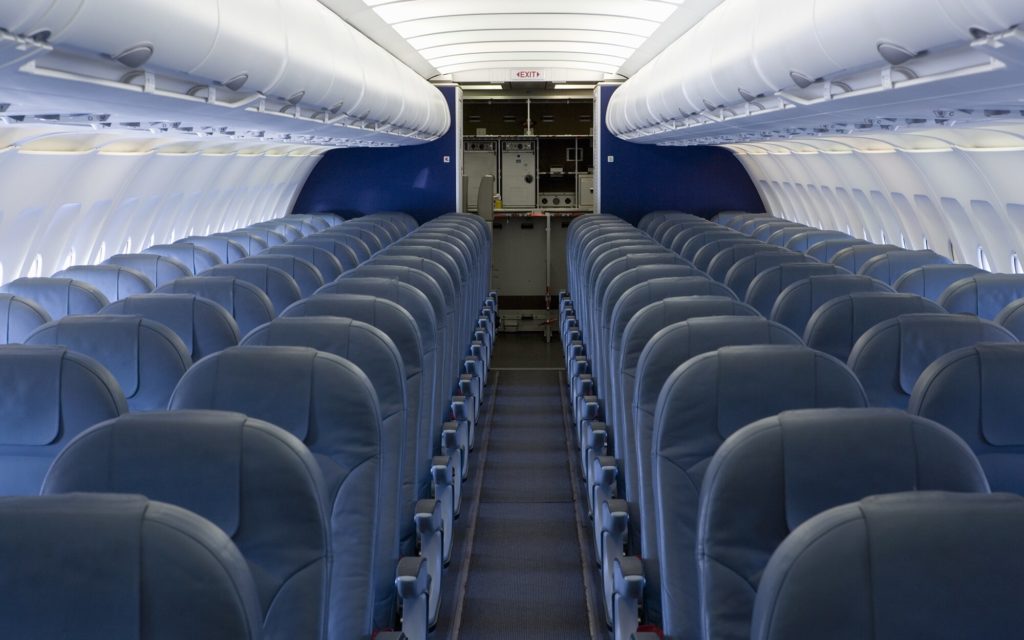
I couldn’t help but think to myself, “Yeah, you and me both brother. I had a whole row and now I am sitting next to a woman with ‘difficulties.’” I tried to assure him, “Once everyone boards, I will try and find an open seat.”
“Are you a pilot?” He asked. Although wearing one’s uniform has its benefits, like getting to board first, one of the downsides, is at least 80% of the time, whoever you sit next to will ask this question. 50% of the time it is then followed with their worst flying experience, how the airline sucks, or how they hear airplanes basically fly themselves. Generally, I just nod and smile.
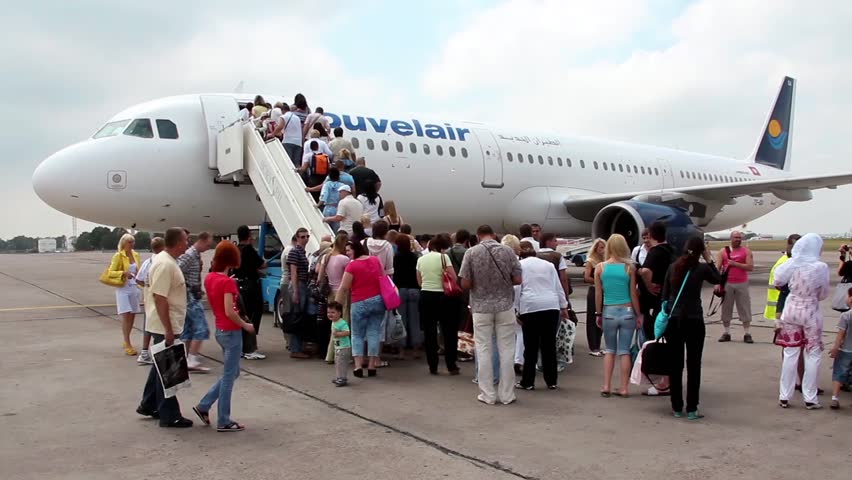
“I’ve been flying you guys forever. Before you were even called (specific airline I fly for which I generally omit in our current times). When I was a kid, there was no security around planes or anything. Me and a buddy would sneak on to the airport property and just kind of explore the planes. We used to find all these metal utensils in the garbage, that they used for their service, and take them home! Just big bags of them!” I nodded with some genuine interest. This was an unexpected turn that I hadn’t heard before. As if suddenly concerned that I would rat him out for the sixty-year-old crime of stealing garbage can silverware, he said defensively, “I mean we didn’t steal it. Not really. It was in the garbage. I wouldn’t steal anything.”

“Yeah, of course, I mean it was there in the garbage!” I replied. I was doing my best to convey in my tone of voice that I didn’t judge him for his opportunistic excavation of garbage treasure and if it was considered criminal, I was sure the statute of limitations had run out. I was really thinking of how I wanted to get back to my poker game, but I could tell that wasn’t going to happen. I could tell this man wanted to talk. So, I took my earbuds out and prepared to engage.
For the next ten minutes, I learned a little about the man. His name was Mike. He was originally from Buffalo, New York, but had settled in the Northwest after being stationed there in the Navy. He had three grown children (I think). One of them had followed him into the Navy but Mike said that he had “issues,” without elaborating, although the Navy did pay for his law school. My morning coffee was starting to wear off, as well as the adrenaline rush of being first onto the airplane. I was doing my best to smile and nod, but all I was really thinking was, “Man. On a half empty plane, why am I stuck next to a talker.”
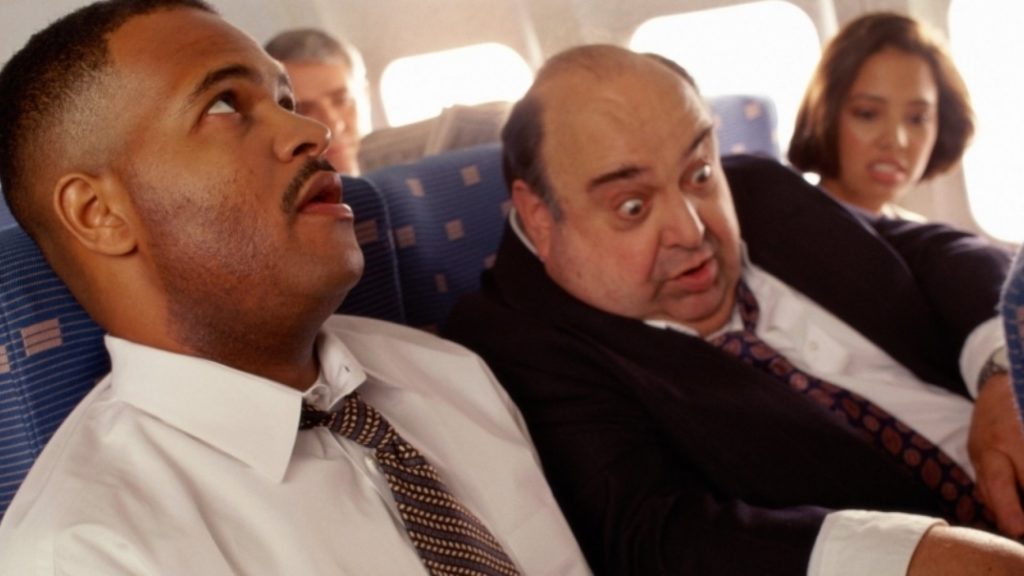
As I drifted into my own thoughts, Mike pointed to his wife, whose name I missed. “13 years ago, she had an aneurysm. She has a titanium stint running from her inner arm, all the way into her brain. Anyway, that’s why she is like the way she is.” He gave her a comforting rub on the arm and fixed her mask for her. “It’s okay honey, we’re on an airplane, we’ll be leaving soon.” She looked to me then looked to him, her eyes were filled with terror and confusion. He patted her arm, “It’s okay.” 13 years? 13 years he had been taking care of her in this state. Immediately, I felt so small to be annoyed with Mike, I couldn’t help but imagine how difficult his life was.
I learned that he was taking his wife across the Atlantic to Barcelona. He was meeting his children there, and they were going to be on a cruise in the Mediterranean. The idea fascinated me, this woman, who seemed to be having so much trouble just getting on a short flight from Portland to San Francisco, would be travelling all the way across the country and then across the Atlantic. It seemed like no small event. The patience and strength to calm her and care for her across those distances would be more than most people would be willing to exert, but Mike was doing seemed unphased and optimistic. He wanted his whole family to be together.
When they had almost finished boarding, the flight attendant tapped me on the shoulder, “There is an empty seat, in the exit row, that you can take.” Mike called across the row,
“It’s okay! He’s okay there. He can stay. She doesn’t mind.” I wasn’t sure that she didn’t mind because her eyes still looked terrified. My heart was torn. I had a twelve-hour day ahead of me and just wanted to relax my brain for the hour and a half flight, but I felt for Mike. I couldn’t imagine how hard it must be to spend that much caring for someone, who was non-verbal and barely responsive. I imagined it would be so lonely. I told the flight attendant that I would stay put. He looked at me like I was crazy. I reiterated,
“I’m good, I’m good.” He rolled his eyes and walked off. After the flight attendant left, Mike said,
“Oh, I’m so glad. Then you can help me get her out of here by blocking the aisle behind you and help me with my backpack, I’d really appreciate it.” I nodded,
“Of course, of course. Anything I can do.” He did share an interesting idea at that moment.
“I tell you what. If there was one thing I would change about the airlines, is everyone being able to bring on their carry-on suitcase. I mean she and I can’t stand it. The way everyone puts their giant suitcase in the overhead and everything takes forever. I think they should just do away with being able to bring a suitcase on.” I remembered the tiny backpack he had carried on. I nodded because I didn’t have the heart to tell him that he might be the only person in the world with the desire for a “no carry-on suitcases allowed” policy.
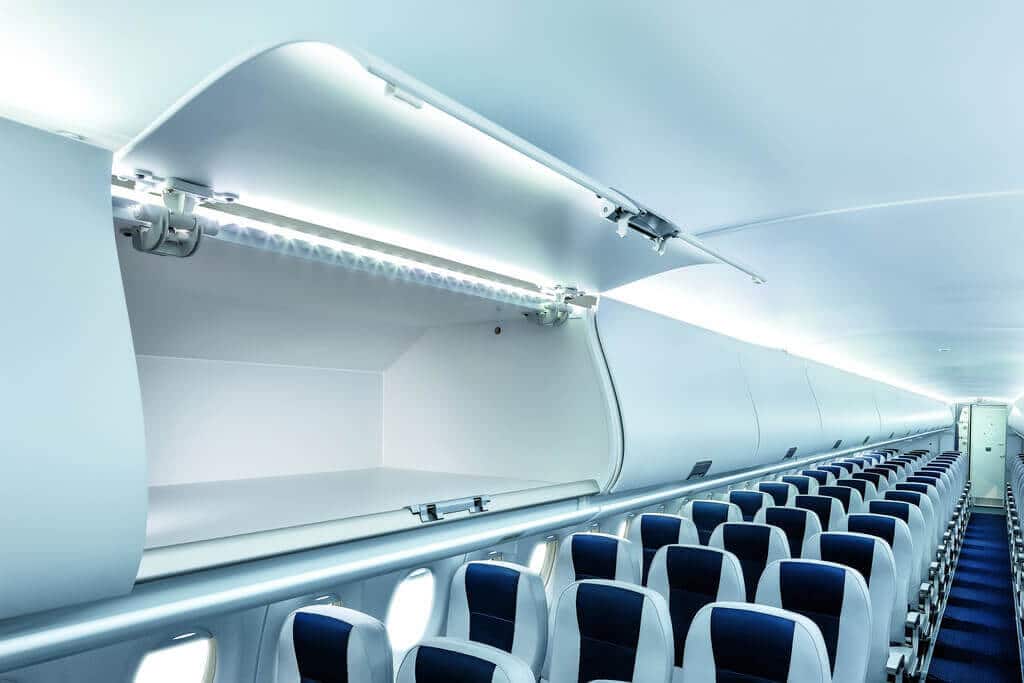
As I was listening to him, I noticed that the seat right behind me was open with no one in the middle seat. They had finished boarding. I thought again about my day and how I needed to chill my brain for a while. I wished I was a stronger, better person that would choose to sit and talk to Mike for the entire flight, but the temptation was too strong. I could still help him with his bag and help him and his wife get out of the row. “I am sure she would be more comfortable,” I reasoned with myself. “Hey Mike, I think I am going to take the empty seat behind me.”
“Oh sure, yeah, go ahead. I don’t blame you,” he said, with a little disappointment in his voice. I blamed me.
I tried to assure him, “Don’t worry, I’ll still help you get off and help with your bag. And there will be more space for everyone.” I added meekly. It felt like in that moment, he didn’t want space, he wanted someone to talk to and I was not strong enough to be that person.
When we deplaned in San Francisco, I did carry Mike’s backpack and blocked the aisle long enough for him to get out. I helped him and his wife get to the wheelchair that was waiting for her outside the airplane. When I handed him his backpack, he was overflowing with gratitude, “Oh thank you so much. I really appreciate all you did. Thank you for such a great flight.” He was so grateful for the very little that I did, it struck me.
I thought about the heavy burden that he has in life. I could have understood if he had been bitter, or cranky, but he wasn’t. He seemed cheerful and optimistic. The day had started out how most of my working days start out, worrying about the small trivialities of the day or days ahead, “What if I don’t make my commute? What if I hate the person I am flying with? What if they take my food away in customs? What if I forgot to pack enough underwear? What if I have to sit next to a ‘talker?’” For the rest of my four-day trip, after meeting Mike, my small trivialities were put into perspective: they were small.
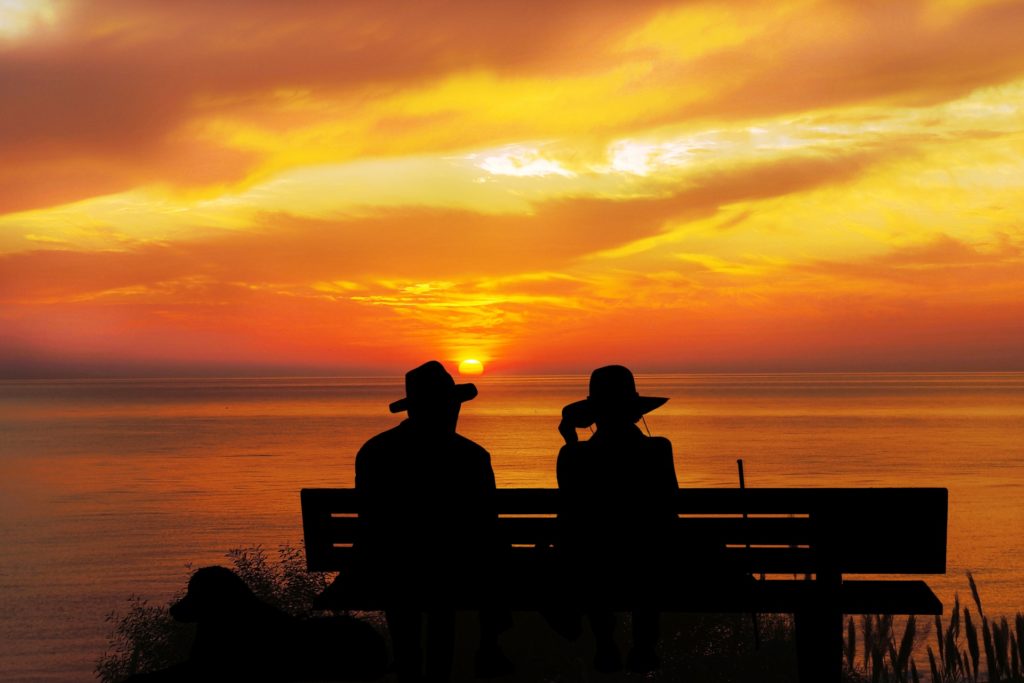
I was grateful that Mike’s life wasn’t my life. It’s easy to get wrapped up in ourselves and our own struggles (we all have them), but sometimes when you witness the struggles of others, it makes the weight around your own neck feel lighter. But I was also grateful that Mike and people like Mike exist in this world. The world often seems broken, selfish, and cynical. Sometimes, you read the news, and it’s easy to conclude, “People are terrible and there is no hope. Humankind is doomed.” Then you meet someone like Mike, who out of love, commitment, duty, compassion, and a promise to another human carries his heavy burden of caretaker with selflessness and a smile. Seeing Mike display some of the greater attributes of humankind reminded me that people can be good and made me want to be better. By the end of the day, as I turned off the light in my hotel room, the joy of making my commute had mostly been forgotten, but my encounter with Mike was still at the forefront of my brain. I went to sleep with hope and gratitude in my heart.

